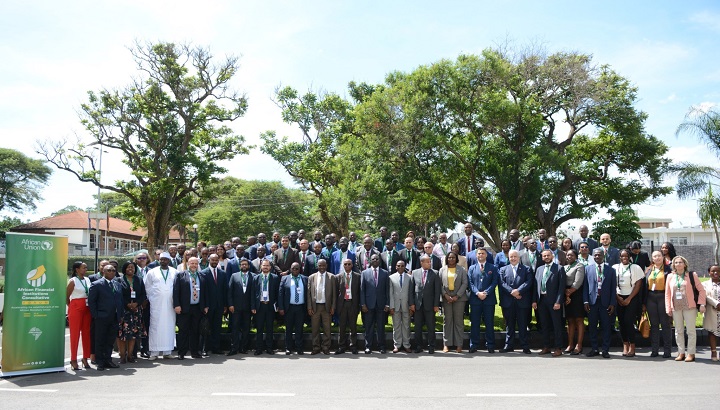
Africa’s average debt-to-GDP ratio will remain high at 66% in 2023 and stabilize at 65% in 2024, the African Union indicated, citing a recent research analysis.
This is due to growing financing needs associated with rising food and energy import bills, high debt service costs, exchange rate depreciations, and rollover risks. In addition, many countries face difficulties in accessing international capital markets due to unfavorable credit ratings and the inefficiency of the Global Financial Architecture, according to the study.
The limited revenue mobilization has led to local currency debt, which increased substantially from 35% of GDP on average in 2019 to 42% in 2021, it was mentioned.
To navigate this turbulent environment and sustainably finance Africa’s development, there is a growing consensus that the operationalization of the African Union Financial Institutions can play a key role in harnessing domestic resources to accelerate Africa’s development, AU emphasized.
It is stated that the effective establishment of the African Union Financial Institutions will accelerate the process of implementing the Treaty establishing the African Economic Community to promote the socio-economic development of Africa and to face more effectively the challenges posed by globalization.
Source: FBC
